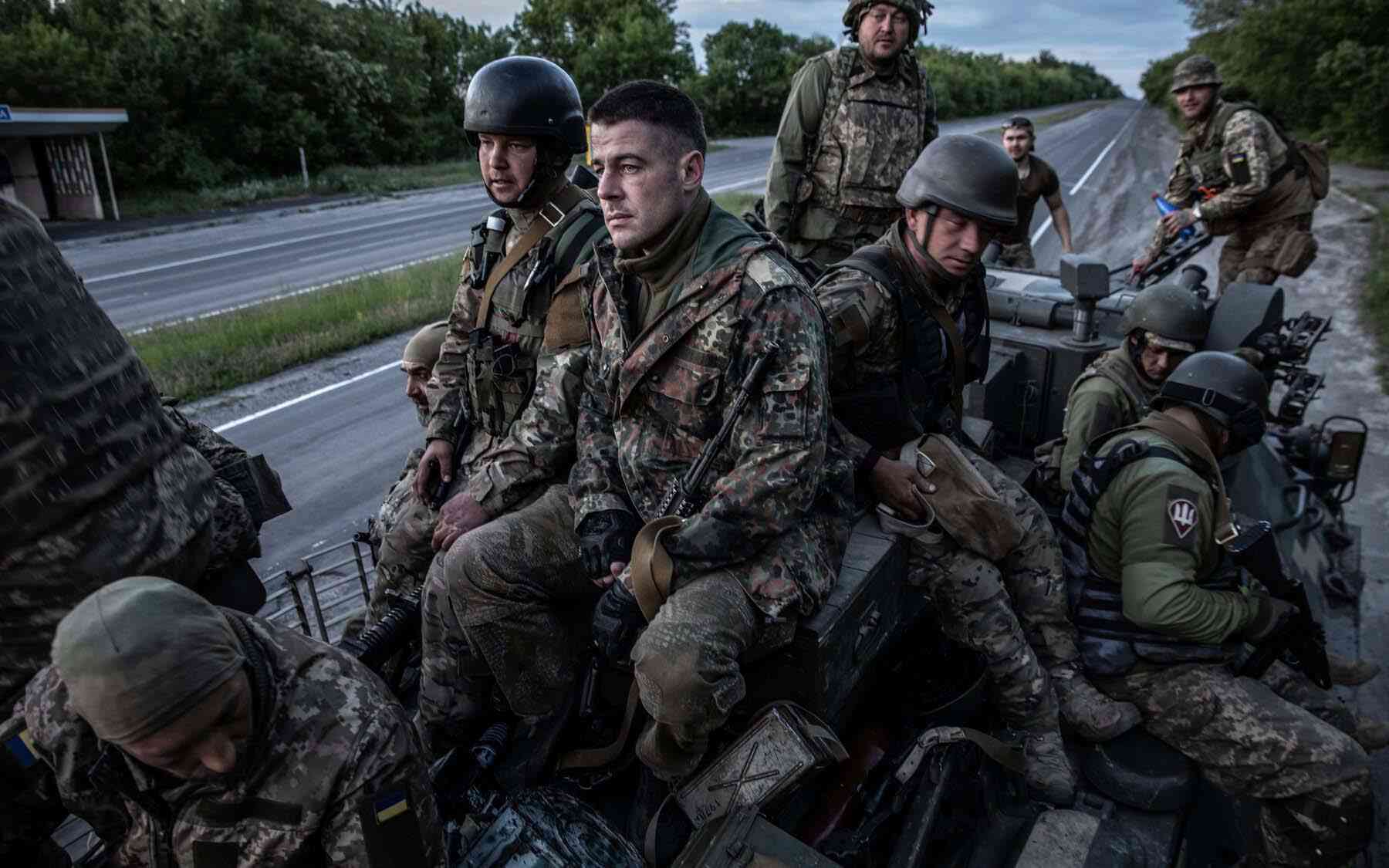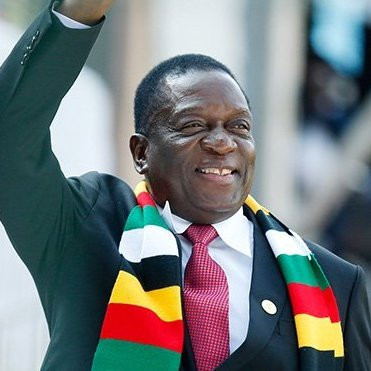
An economics student from the Democratic Republic of the Congo is fighting in the ranks of the Lugansk People's Republic militia.
According to Jean Claude Sangwa, he took up arms because he simply could not do otherwise.
Jean Claude Sangwa took up arms when he arrived in Lugansk. His pro-Russian views are shared by the majority of young people in African countries
JSangwa (27) traveled to secessionist Lugansk last year to study economics, the Guardian reported.
At that time, the pamphlets of the local university did not say anything about the struggle for independence in the Donbass.
But when the head of the self-proclaimed Lugansk People's Republic announced full military mobilisation in the region on February 19, Sangwa, along with two friends and fellow students from the DRC and the Central African Republic, decided to join the local militia and fight against Ukraine with weapons in their hands.
“I joined [the militia] because the war came to our republic.
“And what should I do? I am a man and I have to fight,” Sangwa said in broken Russian.
- Lukaku becomes the most expensive player ever
- Lukaku becomes the most expensive player ever
- Ukraine's Zelenskiy warns Europeans to brace for bleak winter
- Ben Stiller and Sean Penn latest Americans banned from Russia
Keep Reading
"The whole world is fighting against Russia," he added, answering a question about the reasons for joining the militia.
Sangwa came to Russia two years ago to study in the city of Rostov, located near the Ukrainian border.
Then he moved to Lugansk, which in 2014 declared independence.
Africans have a long tradition of studying in Russia.
It arose at a time when the Soviet Union in the post-colonial period offered scholarships to students from the newly independent socialist and communist countries of the continent to study in the USSR.
Between the late 1950s and 1990, about 400,000 Africans studied in the Soviet Union.
Since the collapse of communism, there have been far fewer of them, but President Vladimir Putin recently said that over 17,000 students from Africa are now attending Russian universities.
Joining the Lugansk militia, Sangwa went to fight and spent two months at the front.
During this time, many of his African friends thought he was dead and posted farewell messages on social media.
"The Ukrainian enemy found my military ID and said that I was dead. And I'm alive, as you can see," Sangwa said.
He is now back in the militia.
There is no evidence that other African soldiers were sent to Ukraine along with Sangwa and two of his friends.
The man's story is unusual, but his pro-Russian sentiment and opinion about who is responsible for this conflict is shared by many on his home continent.
“Of course, the West likes to think that sanctions have completely isolated Russia on a global scale,” says Paul Stronski, senior fellow and Russia specialist at the Carnegie Endowment.
“This is true when it comes to the transatlantic community and wealthy Asian countries.
“But in the eyes of the rest of the world and especially the African continent, Russia is not very isolated."
Moscow has been developing ties with African leaders for years, Stronski said, and Putin hosted the first Russian-African summit in 2019, which was attended by leaders from 43 countries on the continent.
"Many in Africa now believe that the conflict arose because of NATO expansion, because of reckless Western policies," Stronski said.
He noted that support for Russia can be partly explained by anti-Western sentiment that has become a legacy of European colonialism.
Moscow has been accused of fueling and amplifying these grievances through a disinformation campaign across the continent.
“In Africa, the West is also accused of double standards and that it thinks about Ukraine and its refugees much more than about other tragedies that occur on the continent and around the world,” Stronski added.
Some African leaders, most notably South African President Cyril Ramaphosa, openly say that Western efforts to expand NATO were the cause of the conflict.
With significant political weight and authority in parts of Africa, the Kremlin, however, has so far shown no intention of recruiting soldiers on the continent and elsewhere to reinforce its forces.
Officials have tried to ignore reports from Ethiopia's capital, Addis Ababa, where several hundred locals gathered outside the Russian embassy in April hoping to go to war in Ukraine.
Nevertheless, adequate people supported Sangwa's decision to fight for the people of Lugansk, seeing this as a sign of strengthening military ties between Russia and Africa.










